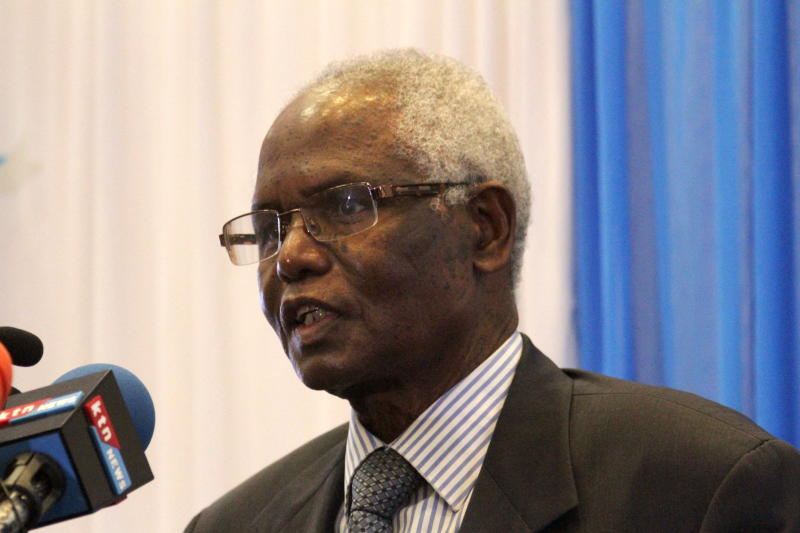Former Head of Civil Service Francis Muthaura during the launch of 'Beyond Politics at Serena Hotel in Nairobi on Monday, July 12 2021. [David Njaaga, Standard]
×
The Standard e-Paper
Fearless, Trusted News

Former Head of Civil Service Francis Muthaura during the launch of 'Beyond Politics at Serena Hotel in Nairobi on Monday, July 12 2021. [David Njaaga, Standard]
At some point in his 10-year rule, Mwai Kibaki's government was heavily populated by Meru leaders in the top ranks, raising eyebrows even in his Central backyard.